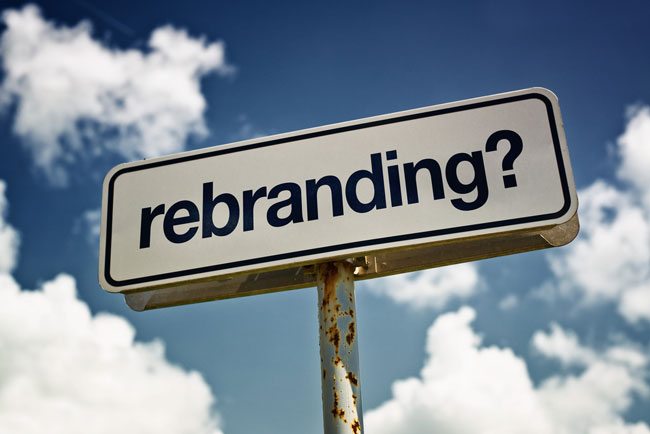When setting up a business, one of the most important things to consider is its brand. It goes much further than what your logo and sales material will look like. What is the ethos and personality of the business to be? How do you want it to be perceived?
To be honest, you have probably got all these things inside your head anyway – they are integral to why anyone creates a business in the first place – but it is much more valuable to have them written down. As well as giving you the opportunity to remind yourself of what your business is about, it will help any future employees and colleagues to understand too. So what sort of things should be committed to paper?
First and foremost, set out what the business is about – why it exists. My own company, Ellipse, was designed to bring a new way of working to what I perceived was a sector of the insurance market – the one covering businesses’ employee benefits – that was providing poor service through chronic under-investment in technology. So, I wrote down what I wanted Ellipse to do:
• ‘We will build trust by doing every singlething we do better for our customers. We do it quietly,confidently and consistently.’
• ‘We will only enter areas of the market where we canprove we can add real value to our customers.’
• ‘We are here to challenge the status quo.’
Your equivalent statements will probably be very different because your business is very different, but you should be able to boil down to its essence within a few simple sentences that you, your colleagues and your customers will immediately associate with it.
My next step was to create a list of the characteristics I wanted everyone who worked at Ellipse to share. This doesn’t mean I was looking for all the people I needed to have the same type of personality; diversity in any business is an asset – but some ingredients were essential if the overall personality of the business was to become and remain consistent.
Some of the traits I set out could be adopted by pretty much any business, for example: We treat people how we’d like to be treated ourselves’and ‘We are constantly looking for ways to improve.’Others are more specific to our sector, like ‘We avoid industry jargon and confusing technical language’(although I suspect there are plenty of other industries that are guilty of overusing jargon!), and some were even more specific.
The very first one, though, was ‘We believe that providing life and disability coveris important’
Now, it may be that whatever your business does is devoid of any great social or personal importance. You can have a perfectly legitimate business based on the provision of something quite trivial or luxurious, but I suspect you will feel it is something your customers value and you and your staff should share that feeling and reflect it appropriately. An equivalent statement could be “We believe that the fun/pleasure of ownership/reliability our customers have is important”.However you frame it, you should really believe in it, not just pay lip service. I’m sure many will remember how the eponymous jewellery retailer, Ratners, nearly went out of business and required a complete rebrand after its chief executive Gerald Ratner made comments that revealed, or at least suggested, that his own estimation of his company’s products was well below those of its customers.
If you set out your business’s underlying principles first, it makes the other parts of creating your brand that much simpler. You can look at possible logos, literature, website design and so on, and consider whether or not each reflects the brand values you have espoused.
As important as deciding these things when you set up a business is revisiting them every once in a while (or even getting around to them for the first time if you never have). Are your brand’s aims, character and values still pertinent? The values should underpin your business come what may, so I wouldn’t expect those to change, but you may need to re-set the aims and refresh how the brand is presented to avoid it looking dated.
The last of the questions I posed in the opening paragraph, ‘How do you want your business to be perceived’ is really the key one because, whatever you want your brand to represent, whether it succeeds or not will ultimately be decided by your customers.
Everyone can think of companies with satirical nicknames or whose projected values are at odds with how their customers actually perceive them. It is the customers’ perceptions that count. It is possible to turn negative perceptions around, but small businesses don’t normally survive long enough to see it happen.
Setting your brand principles and truly living by them is what will give you the greatest chance of your customers perceiving you as you would like them to. A brand may be intangible and its value hard to measure, but it does have a value and is vitally important to every business.


